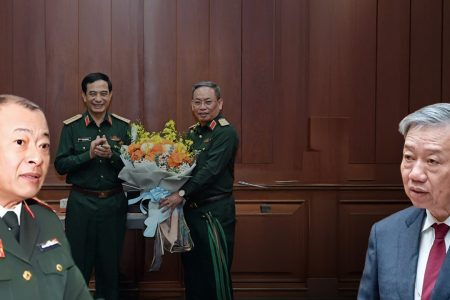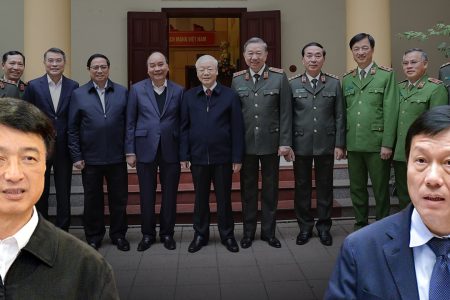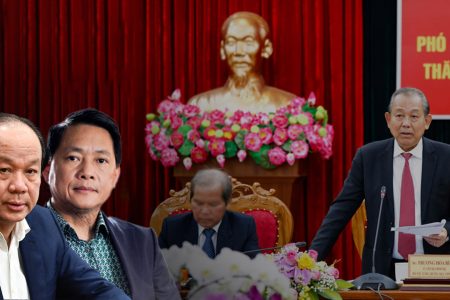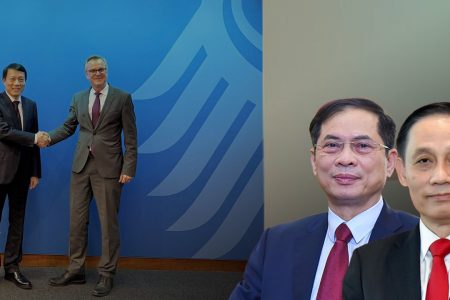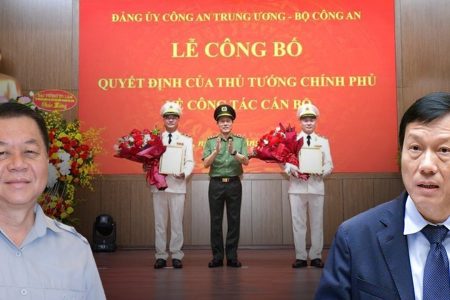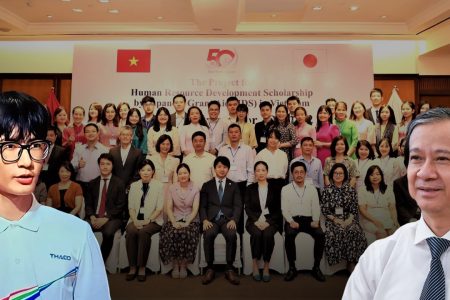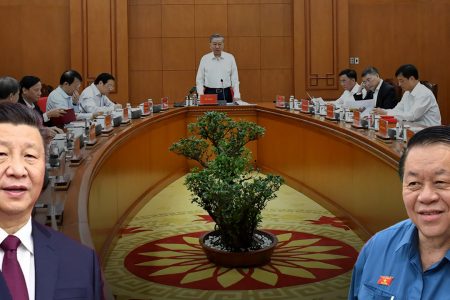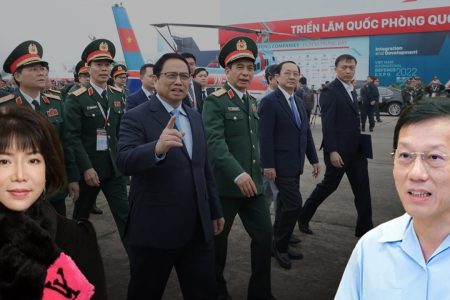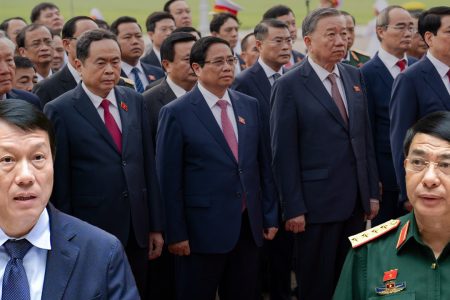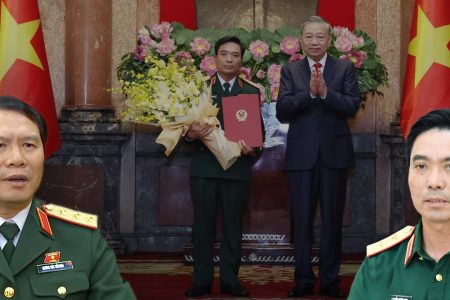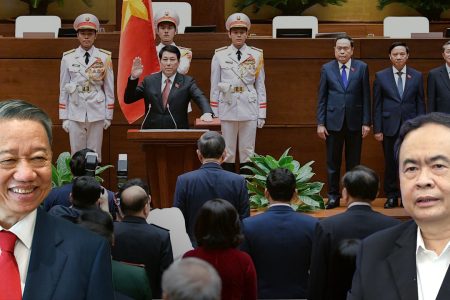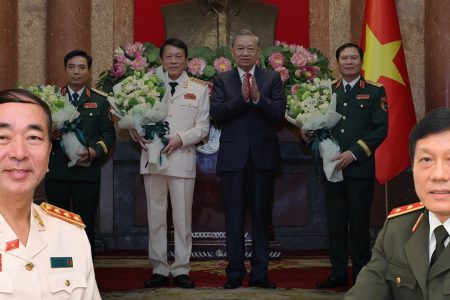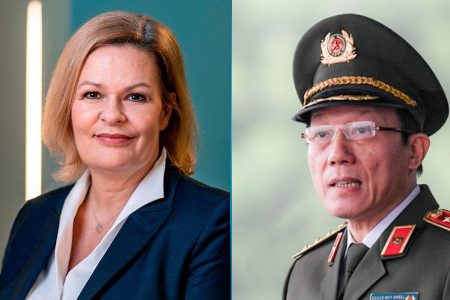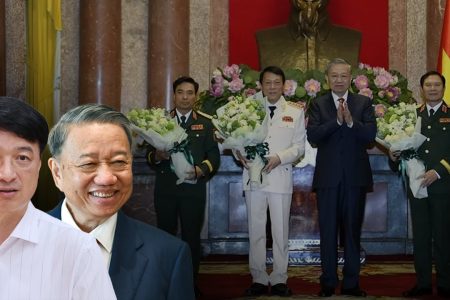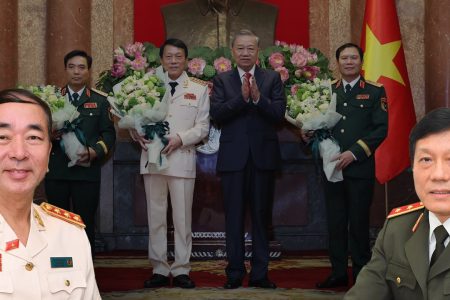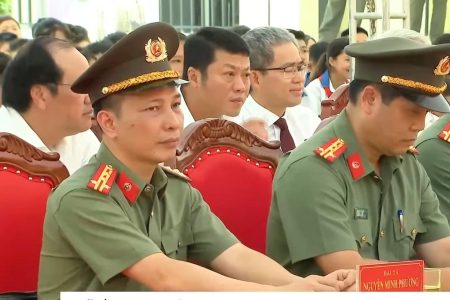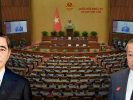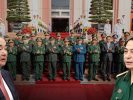
The Secretariat of the Communist Party of Vietnam (CPV) recently issued a directive on recovering assets lost in corruption cases, including a provision encouraging people to report illegal assets of officials, according to reports from the state-controlled media.
However, according to VOA’s observations, in response to the above information via social networks, many people have expressed their doubts that people could be accused of slandering when denouncing officials.
The full text of the directive of the Secretariat issued on June 2, and republished by VietnamNet on June 9, shows the party’s determination to “improve efficiency and make drastic changes in the recovery property lost or appropriated in criminal cases related to corruption and economy.”
The directive emphasizes the requirement to “review, amend, supplement, develop and perfect mechanisms, policies and laws on recovery of property lost or appropriated in criminal cases regarding the recovery of assets lost or appropriated in criminal cases regarding the recovery of lost or appropriated assets in corruption cases.”
The Secretariat’s document also contains a clause asking the National Assembly, the People’s Councils, the Vietnam Fatherland Front, and mass organizations to “strengthen supervision of the recovery of lost and appropriated assets.” In the same article, the directive states that it is necessary to “have a mechanism to effectively promote the people’s supervisory role, encourage people to reflect and denounce illegal assets and violations in the recovery of assets in corruption cases.”
In a discussion on the Policy and Journalists Forum about the directive, many people briefly commented that they were “not stupid.”
Some members made a sarcastic opinion that the regime has forces of police, security, tax, natural resources, and environment … monitor and know all the movements of officials, why they incite people to denounce.”
Some other members commented that “democracy is limited, corruption can’t be monitored” or raised concerns that the whistleblower may not have any results, but “certainly causes trouble” for themselves, may even receive “slander, invasion of privacy” or even worse, “disclosure of state secrets.
According to VOA’s research, the above concerns are well-founded. An analysis by author Le Duc Trung, from the Institute of Strategy and Inspection Science, Government Inspector, posted on the institute’s website at the end of October 2020 has a paragraph indicating that based on the Law on Corruption Prevention and Control in 2012 and a 2013 circular of the Government Inspectorate, “it can be seen that the disclosure of declarations of assets and income of people with positions and powers is currently limited to a narrow scope, within agencies and units, but not yet open to the public.”
Dr. Nguyen Quang A, a well-known pro-democracy activist, said that leaders and officials of the Communist Party of Vietnam need to disclose their assets to the public for people to supervise. If not in such a sequence, when people denounce, the communist party can blame the people for false accusations, Quang A warned.
The activist told VOA that the people’s role in denouncing officials can only be powerful when the state creates a legal framework for people to gather together in an organization, such as an association promoting integrity:
“Each citizen can’t do anything. Only by standing under a certain organization will people be able to do it. Unfortunately, the Communist Party of Vietnam interfered. Therefore, it is difficult to encourage people to denounce. It is important to let the people form organizations and those organizations speak out so that the organizations have the capacity and the strength.”
Still, Dr. Quang A commented that when an association with legal status collects evidence and denounces officials, it will be harder for the government to attribute false accusations to such an organization than to blame single people. Therefore, the birth of real people’s associations is still a distant prospect. Mr. Quang A added:
“The Communist Party of Vietnam says ‘the people are masters’ but they just want the people to be one by one, like separate chopsticks, they break the pieces and finish, don’t let these chopsticks clump together, into an organization. This is what Vietnamese communists understand very, very well. Anyone who tries to form some kind of organization is killed in their infancy.”
Dr. Quang A concluded that as long as the communist party doesn’t change its mind about disclosing official property information and allowing people to form civil organizations, the party’s call is “just a hoax.”
An analysis by author Le Duc Trung posted on the website of the Institute of Strategy and Inspection Science at the end of October 2020 has shown that “the current regulation on publicity has a closed internal nature that has not been developed effect of the declaration of assets.” He suggested that “in the long run, it is necessary to make the Declaration of Assets and Incomes of the Persons obligated to declare at work, place of residence and on mass media.”
Thoibao.de (Translated)



